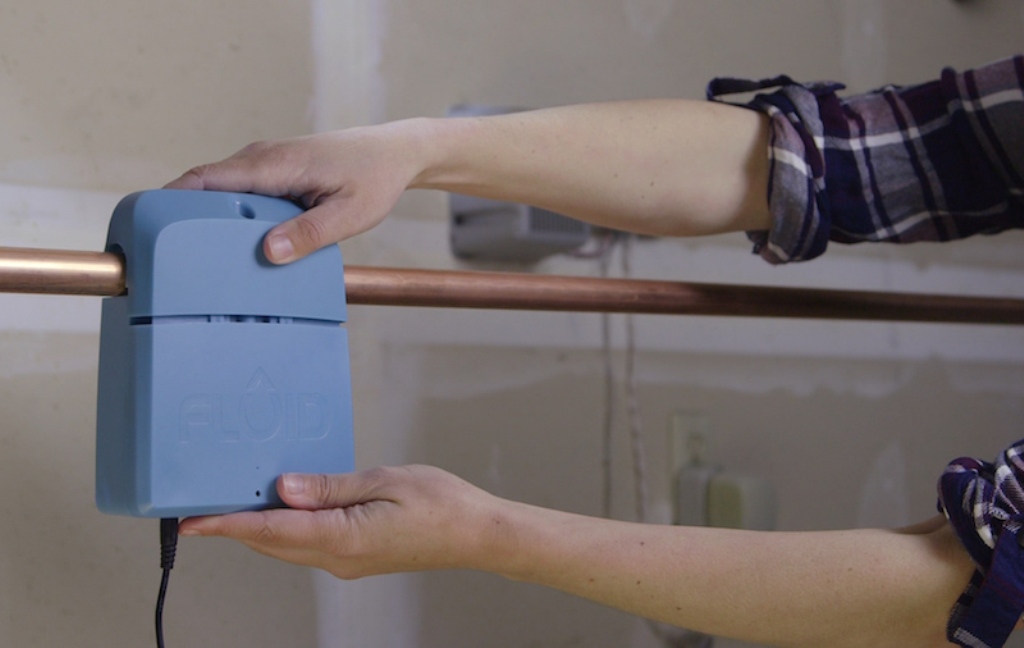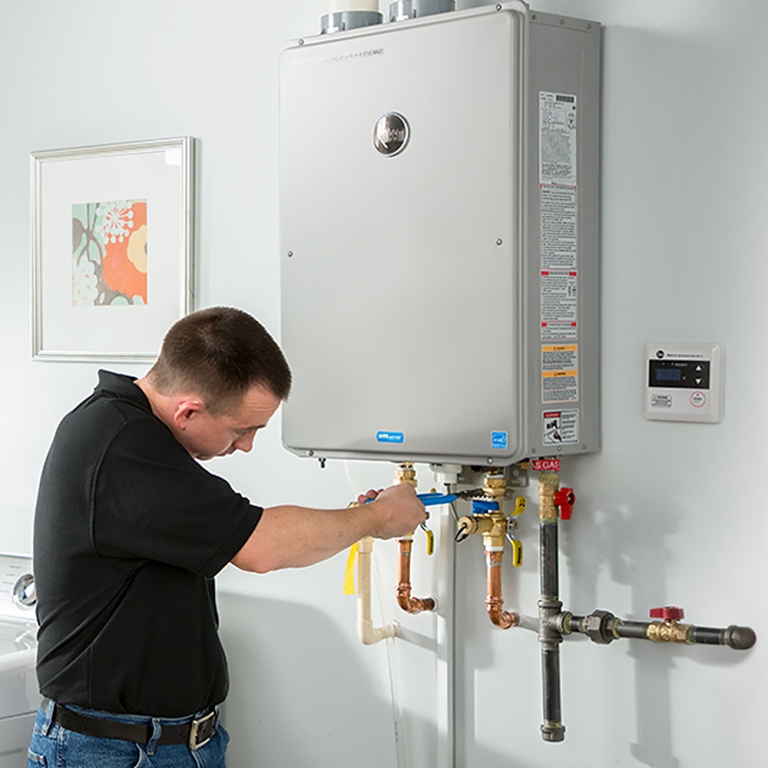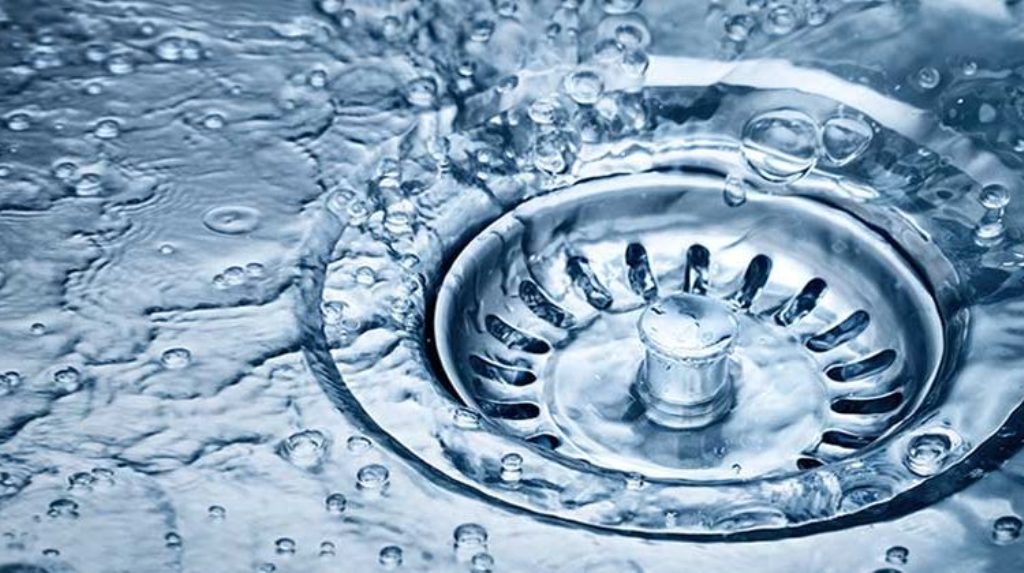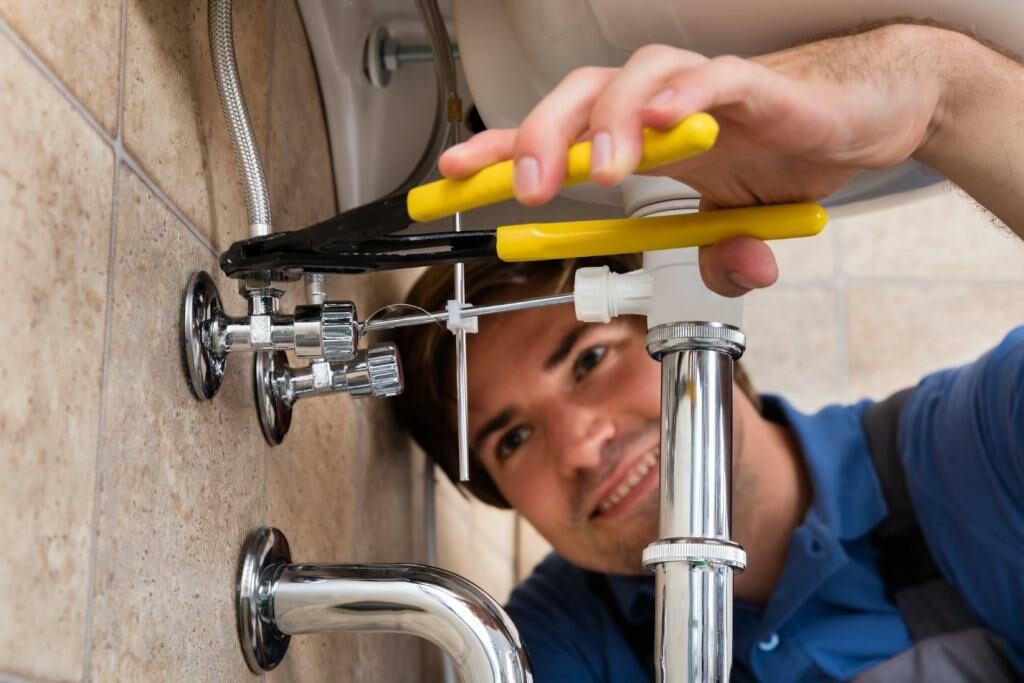For many of us who own a decades-old home, we know there will be much maintenance and upkeep that we will undoubtedly need to do to keep our home more than tidy. All of us want our home to be in the best shape possible. But, when it comes to replacing the plumbing in our old home, we might be hesitant to begin tearing up the inside of the house to replace it. Read on for tips on maintaining those old pipes.
Purchase a leak-detection system
You may have heard of individual leak detectors but these only work for detecting leaks around your sinks and washer. A leak-detection system will warn you of any possible leaks in your steel pipe long before they become a serious issue. It will be worth everything you pay for it.

Do you see any warning signs?
Of course, you know to check for signs of water damage along with the structure of your home. But, did you know you should also be checking for damage in the basement or along the main water line to the home. Doing so could prevent a small problem from becoming a big issue.
Do you have low water pressure?
If you have low water pressure, it could mean there is heavy buildup inside those old pipes. It could also mean that there is a major leak somewhere in the piping system. Again, your leak-detection system would notify you of these issues.
What color is your water?
After you have not run the water in a while, does the water appear to be yellow-orange? Is their a foul odor coming from the faucet when you run the water? If you answered yes to either or both these questions, it could mean something has gone bad in the pipes of your old home.
Do you know where the main shut-off valve to your water is? What about the main sewage valve? In an old home, you might have difficulty finding these two valves. You must know where to locate them, though. You might need to use them.
How is your water heater holding up?

It is an important idea to keep an eye on the water heater. When something has gone wrong with your plumbing, it could first show signs in the water heater. It is a good idea to drain your water heater every few months. Doing so will prolong the life of the water heater. You will want to rid the heater of any sediment that might be building up since you last drained it. Also, if your heater is old, it might make noise when it has an issue. For old water heaters, you might want to replace them if they are making too much noise.
What kind of drain cleaners do you use?
Many people are familiar with pipe cleaners when they have a clog. These are pipe cleaners such as Drano and Liquid Plumber. But, putting these down an old drain with rusty pipes can damage them further. It could mean you will need to replace the pipes in that old house of yours.
If your drains need to be snaked, you might want to consider a professional plumber to do the job. Many know how to snake their drains. But, in older homes with galvanized steel pipes, it can damage them if you make one wrong move. You might want to leave this to a professional.
Keep an eye on what goes down the drain
There is an adage that states ‘prevention is the best cure.’ When it comes to the pipes in our older homes, the saying could never be truer. The following are some common things we put down our drains and do not think about it. But in older homes, these things can cause damage.

- Do not pour greases and oils down your drains.
- Be certain to use strainers over the drains to prevent things such as hair and other small particles from sticking to the inside of your pipe.
- Keep a watchful eye on any food particles that might be lingering on dirty dishes. Make sure these go in the trash bin.
- Make sure you are only flushing toilet tissue down the toilet.
Keep your pipes protected in the winter
It is not uncommon for our pipes to freeze in the winter. But, this is preventable. Older homes are more susceptible to pipes freezing. There are preventative measures you can take, though. Read on to find out 4 things you can do to keep your pipes from freezing.
- Run the hot water regularly
- Make sure to run the furnace
- Insulate the home, especially around the pipes
- Always keep a faucet running
Remember, frozen pipes can burst and cause serious damage. Preventative measures are key to ensuring the viability of your old steel pipes, at least until replacing them with stainless steel pipes becomes feasible.






